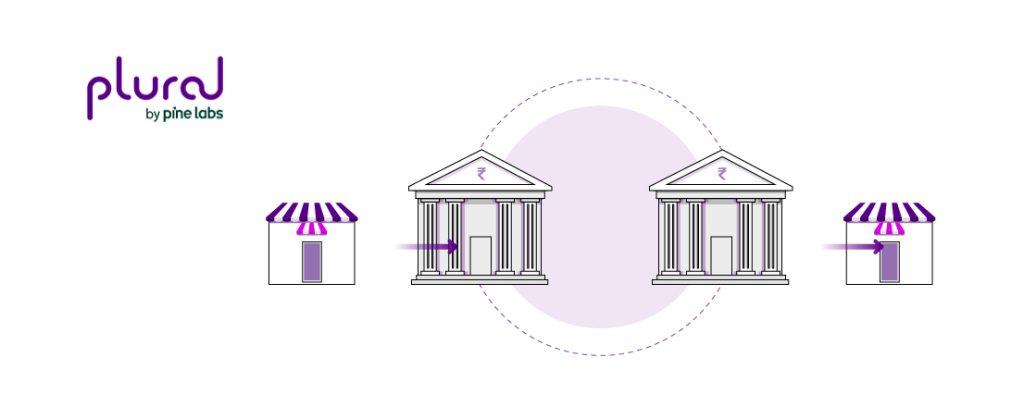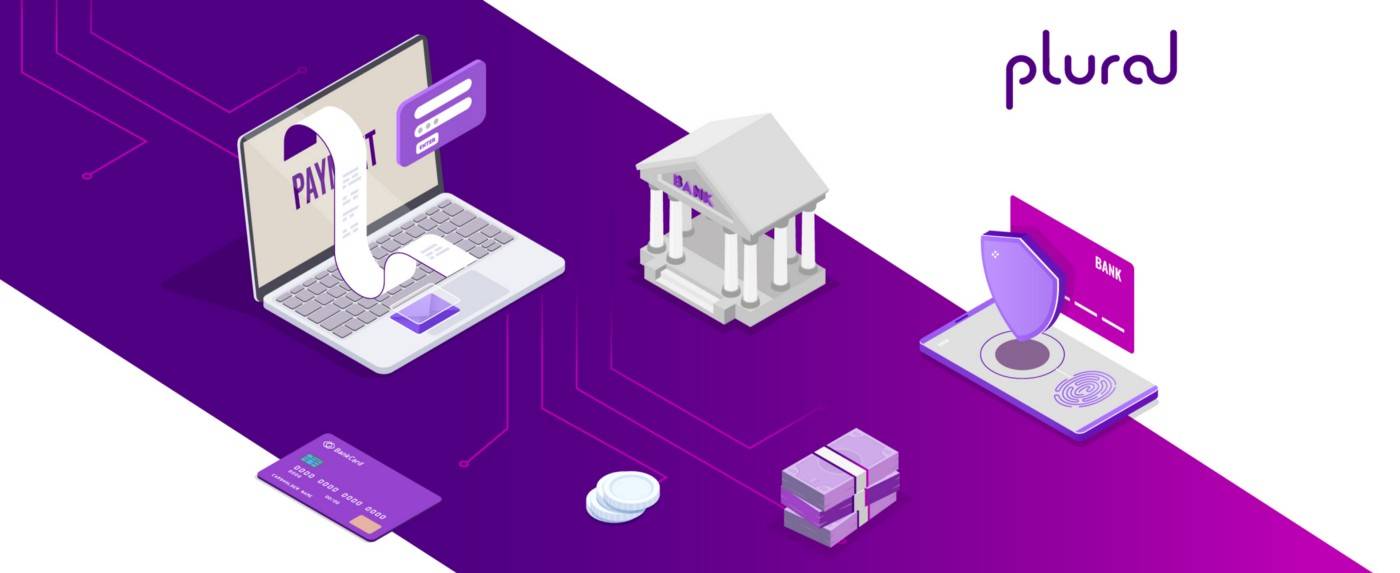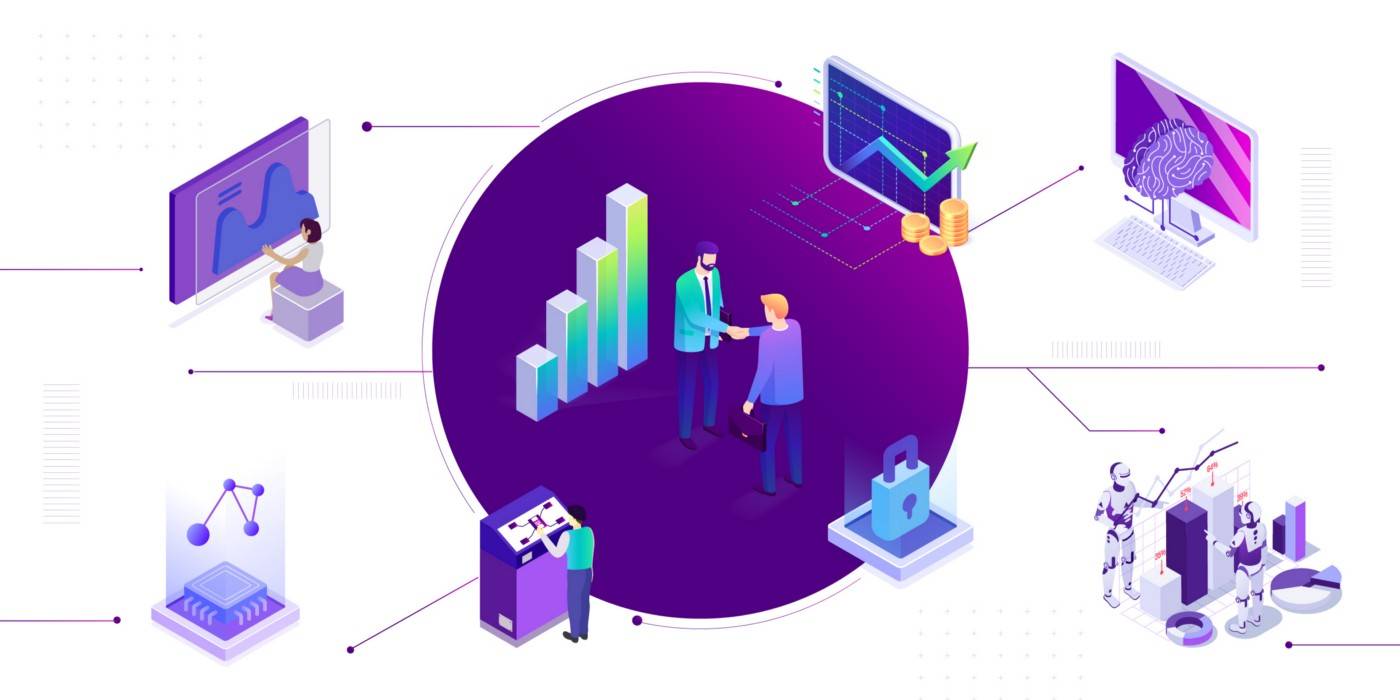Businesses thrive on partnerships and mutually beneficial arrangements that enable all the parties involved to grow and prosper. The only complication in such a setup is the processing of payments between businesses because of two major reasons which B2B payment solutions must look to solve :
- Every business-to-business transaction has unique needs; while some are one-time payments, others may be recurring with changing amounts.
- The accounting and tallying operations need to be meticulous in order for the tax compliances to be met.
Through this blog, you will understand a variety of B2B payment solutions that make enterprise transactions easier.
What are B2B payments?
B2B payments are monetary transactions taking place between two businesses in exchange for goods or services. A good example would be that of a hospitality institution hiring the services of an architectural firm for designing a new office space (B2B transaction for professional services).
Another example would be that of a company office partnering with a coffee machine vendor to replenish the inventory from time to time (B2B transaction in exchange for a product).
There is a significant difference between the payment details of the two transactions:
- The payments made to the coffee machine vendor would be fixed recurring payments as decided according to the contract.
- The payments made to the architectural firm would vary depending on prevailing labour costs, material costs, contingencies, etc.
In order to cater for payment inconsistencies and still provide a reliable way to keep track of B2B transactions, sever B2B payment solutions exist.
Types of B2B payment solutions
Listed below are the major B2B payment solutions that businesses adopt today.
Credit cards
Credit card payments still remain one of the major methods of B2B payments today despite their expensive processing fees and interest rates to businesses.
According to a survey, 69% were accepting credit-card-based payments as of 2022. However, the survey also revealed that the median external cost to receive payments paid through credit cards was up to 2.49%.
Today, the use of B2B virtual cards is on the rapid rise, with Juniper Research revealing that virtual card transactions will rise to an estimated $6.8 trillion by 2026.
ACH payments
ACH, short for Automated Clearing House, is a digital B2B payment mode that utilizes a routing number and business bank account to establish a transaction between two entities. These type of payments are more cost-effective when compared to credit cards, and they are faster than physical cheques.
Since they are digital, they are a great way to track accounts and tally settlements as well since they can be integrated into enterprise software.
Wire transfers as B2B payment solutions
Wire transfers are an extremely secure way to conclude a secure transaction between two businesses without needing immediate cash. The sender deposits the payment amount into their business account.
The bank then forwards the payment information to the recipient’s bank. The recipient’s bank then deposits the said amount from its reserves into the receiver’s account, concluding the transaction.
Wire transfers are quick and allow businesses to make quick and secure payments – which is why they are so popular.
Digital payment platforms
Digital payment platforms like Google Pay, PhonePe and PayPal are gaining rapid traction in B2B transactions because of their sheer convenience. Such payments do not even have the need for a bank account information exchange.
All businesses need is the payment identification or the virtual address of the receiver to make a successful payment directly into their bank accounts.
Paper checks as a B2B payment solution
Even though countless digital payment options are available today, several businesses still prefer using paper cheques. This is because paper cheques leave a definitive and physical audit trail, enabling better traceability and aiding better budgeting.
Additionally, paper cheques don’t need to be deposited immediately, giving businesses some breathing time. Paper cheques are a secure way to conclude a B2B transaction, although they may be slower.
Cash
Cash payments offer several benefits to businesses:
- It enables businesses to spend wisely.
- There is no processing fee or annual interest incurred on cash.
- It is the quickest way to conclude a transaction.
The only downside to cash transactions is reflected in business cashflows which reflect the spending immediately and may begin to look a little pessimistic.
Why look for efficient B2B payments solutions?
It is absolutely essential for businesses to choose efficient B2B payment solutions to enable their accounting departments to run smoothly. Here are several more compelling reasons to look for a good B2B payments solution:
B2B payments gap
B2B transactions aren’t all straightforward, as demonstrated through the examples discussed earlier. There is a B2B payments gap that needs to be addressed through payment customization for each type of vendor.
A robust B2B payments solution will help address problems like data siloes, accounting and reconciliation processes, and managing recurring payments through an integrated, unified interface.
Compliances
B2B payments – especially the ones that happen at an international level – need to keep in mind the regulatory compliance parameters for each vendor.
There would be requirements for data security, penalties and other mandates that must be tracked separately for each vendor and transaction. Using a well-designed B2B payments solution, these can be easily managed.
Higher costs of transaction
Several of the B2B payment methods incur additional costs to the company. At larger scales, these transaction costs and commissions can quickly add up and no longer remain feasible.
For example, overdue credit card payments incur heavy penalties and compounding interest rates. B2B payments solutions can help your business automate a large part of your credit card payments and also offer you alternative ways to cut down on transaction costs.
International customers
For businesses that interact with international vendors, it is absolutely essential to provide them with payment options that are in their local currency.
It helps foster long-term business relationships while making transactions convenient and error-free for both sides. Using a B2B payment solution, cross-border businesses can interact with as little hassle as possible.
Success rates
Failed payments are no stranger to any business. A good example is a high-value credit card payment that gets suspended or flagged by the bank’s fraud detection mechanisms.
Not only does this waste time, but it also makes it difficult to process the payment using other methods. This is where robust B2B solutions can step in and smoothen the transactions out.
How payment gateways make a difference
Payment gateways are the bridge that connects two businesses through a secure digital tunnel that allows for the swift movement of funds from the source to the destination. It is pivotal to choose a good payment gateway as a B2B payments solution:
- It enables you to embed multiple payment options and establish a secure payment channel.
- The setup costs are extremely low, and the functionality is extremely high.
- It gives your business partners an improved payment experience.
- Payment gateways have extremely high success rates that help save time.
- Ensures higher security with two-factor authentication
Conclusion
The need for efficient and secure enterprise payments has given rise to modernized, highly enriched payment gateways that provide value in addition to secure payments.
Plural’s highly secure, robust Plural Gateway provides your business with added conveniences like multiple integrations and 2-click checkouts that enable swift transactions. Additionally, Plural provides payout solutions so businesses can manage outbound payments to vendors, employees and more. Contact us today!

Amrita Konaiagari is a Marketing Manager at Plural by Pine Labs and Editor of the Plural blog. She has over 10 years of marketing experience across Media & Tech industries and holds a Master’s degree in Communication and Journalism. She has a passion for home décor and is most definitely a dog person.



